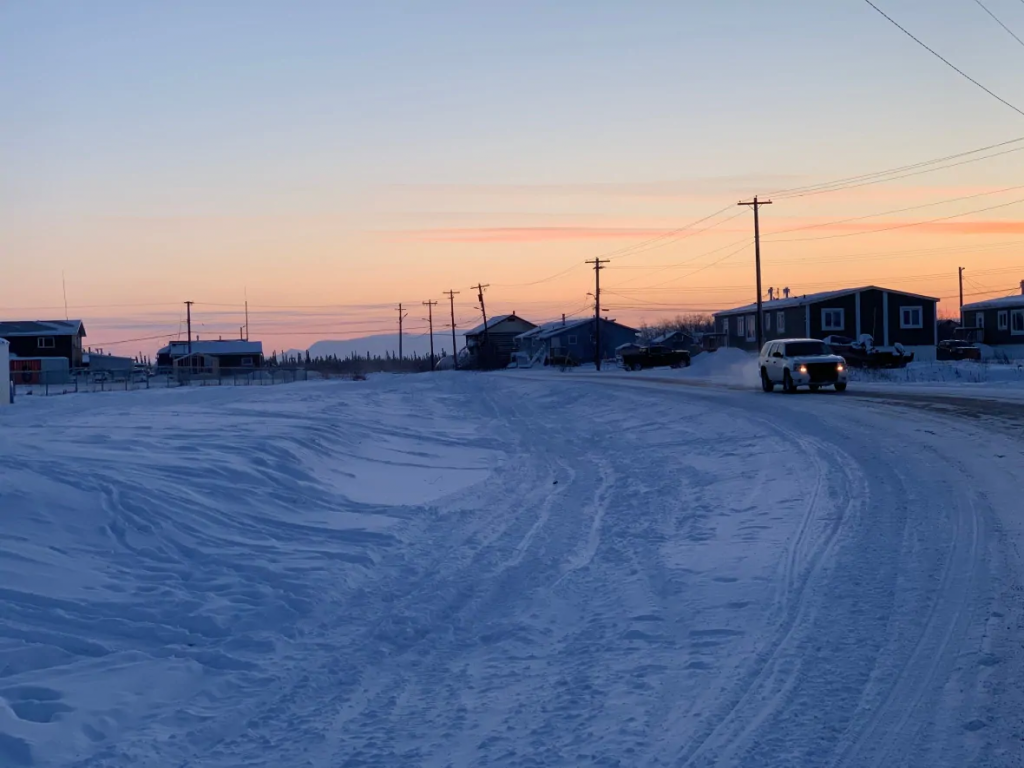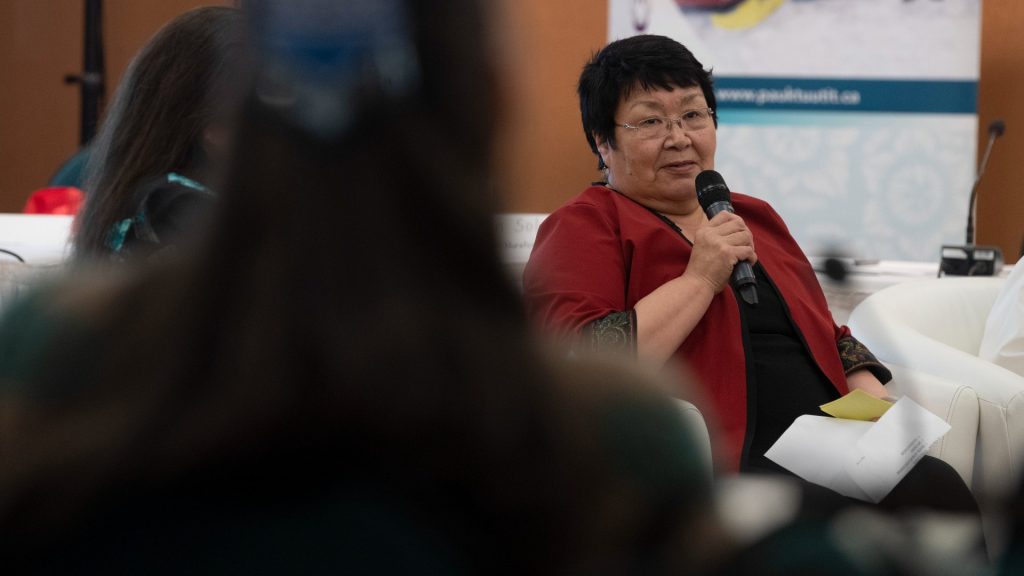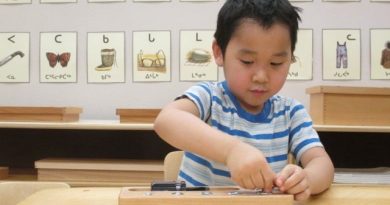Federal government commits to funding shelters for Inuit women

The federal government is pledging to fund the construction and operations of shelters for Inuit women and children across the Inuit regions of Arctic Canada, known collectively as Inuit Nunangat, as well as in urban centres, Minister of Indigenous Services Marc Miller announced Wednesday.
The idea to build five emergency shelters – one in each of the four regions of Inuit Nunangat and one in Ottawa, which has the largest population of urban Inuit in Canada – was championed by Pauktuutit Inuit Women of Canada (Pauktuutit), the national Inuit women’s organization in Canada.
“This announcement addresses a glaring funding gap that has existed for many decades for Inuit women,” said in a statement Pauktuutit president Rebecca Kudloo.
The official announcement of the federal government’s commitment to build five new #Inuit-specific emergency shelters for women and children by @Min_IndServ, joined by @MonaFortier who has a large population of urban Inuit in her riding of #OttawaVanier #VAW pic.twitter.com/6boh28wq7H
— Pauktuutit (@Pauktuutit) January 27, 2021
The urgent need for these shelters was at the top of the organization’s agenda during meetings with Liberal cabinet ministers last year, Kudloo said.
Inuit women face violence at a rate 14 times greater than other women in Canada and the chronic shortage of housing in Canada’s North means many of them do not have safe places to go to, according to federal statistics.
The situation has been further exacerbated by the The COVID-19 pandemic.
“Shortages in shelter space for Inuit women mean those experiencing violence and abuse at home often have no safe place to turn to when they need it,” said Minister of Northern Affairs Daniel Vandal. “There is a critical need for shelter space across Inuit Nunangat and it is essential that safe places be made available.”
‘They listened to voices of Inuit women’

Kudloo said the federal government “listened respectfully to the voices of Inuit women.”
“Pauktuutit looks forward to working with our Inuit Nunangat partners, as well as Inuit organizations in Ottawa, to co-develop the applications for these shelters which are so urgently needed and will no doubt save lives,” Kudloo said.
Pauktuutit was especially pleased to see the guarantee of long-term operational funding for the new shelters was also included in the announcement, she added.
“This will ensure the shelters’ stable operation for years to come and that healing and other programs — designed and delivered by Inuit, for Inuit — will be in place for women and children who need them,” Kudloo said.
Pauktuutit estimates the funding for the construction of the five shelters will be approximately $20 million, she said.
Funding for the new shelters will be part of the $724.1 million for a comprehensive Violence Prevention Strategy as announced in the 2020 Fall Economic Statement by the Trudeau government, Miller said.
“This funding is a downpayment on the investments that must be forthcoming to respect the human rights of Inuit women, including the right to safety and security of their person,” Kudloo said.
Related stories around the North:
Canada: Canadian Inuit women’s org says throne speech sent the right signals, Eye on the Arctic
Denmark: COVID-19 could delay Kingdom of Denmark’s Arctic strategy, Eye on the Arctic
Finland: Sámi reconciliation process gains final approval in Finland, Yle News
Iceland: Iceland extends bar, nightclub COVID-19 closures in capital area until September 27, Eye on the Arctic
Norway: Are potential Arctic security threats eclipsing urgent action on climate? A new study makes its case, Eye on the Arctic
Russia: Russia removes critical voices ahead of Arctic Council chairmanship, claims Indigenous peoples expert, The Independent Barents Observer
Sweden: Twenty-five Indigenous Sami remains returned by museum are reburied in northern Sweden, Radio Sweden
United States: Indigenous communities in Alaska harder hit by COVID-19, The Associated Press



